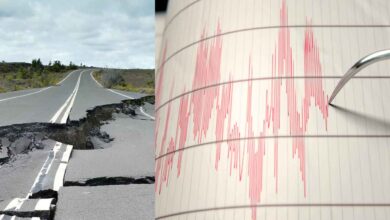ULA successfully launches first US Space Force payload
The United Launch Alliance (ULA) has completed its 134th successful launch, continuing its perfect track record with a mission today for the U.S. Space Force. This is the first-ever dedicated mission for the Space Force, a new branch of the U.S. armed forces dedicated to the defense and protection of America’s strategic assets in space.
The payload today was the sixth Advanced Extremely High Frequency (AEHF) satellite that has been deployed for U.S. defense customers, though the original five that are already in orbit (which launched over the course of the past decade) were obviously sent up before Space Force was officially formed. The purpose of all the satellites is the same, however — providing strategic, reliable and secure communications for U.S. armed forces on Earth across land, sea and air.
While the launch did end up going smoothly on Thursday, it ran into an issue during the countdown to its original planned liftoff time that caused the countdown to be reset. That was due to a fault with a part of the launch system called the “ground hydraulics accumulator,” according to ULA CEO Tory Bruno on Twitter. Because ULA’s launch window today extended to 4:57 PM EDT, the company was able to resolve the issue and reset for take-off, which took place without any problems at 4:18 PM EDT.
The actual satellite deployment will occur roughly five hours after liftoff, and ULA won’t be airing that since they typically don’t with any national defense-related missions. That’s still a critical component for overall mission success, beyond the successful launch itself, so we’ll update you when that is confirmed to have gone as planned.
ULA also addressed how and why it was able to get this launch off as planned despite the global COVID-19 crisis. The company clarified that its missions are considered “critical to security and national defense,” and that it is following all applicable guidance from the CDC, as well as from state and local health agencies, about keeping its facilities and personnel safe, secure and healthy in light of the coronavirus pandemic. ULA’s work is officially designated “part of the nation’s essential, critical infrastructure,” which means that it’s not subject to the same restrictions as other private businesses.
Source: TechCrunch




